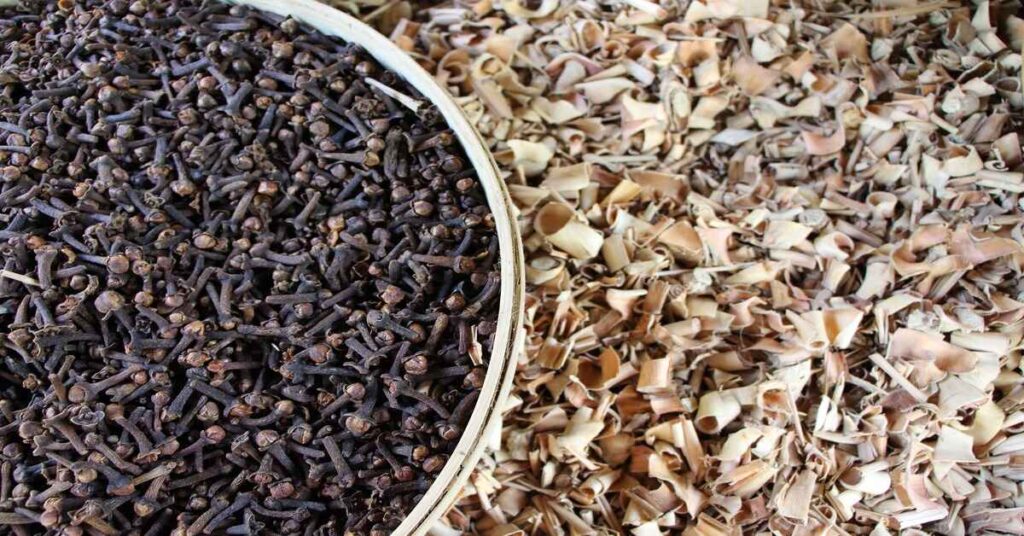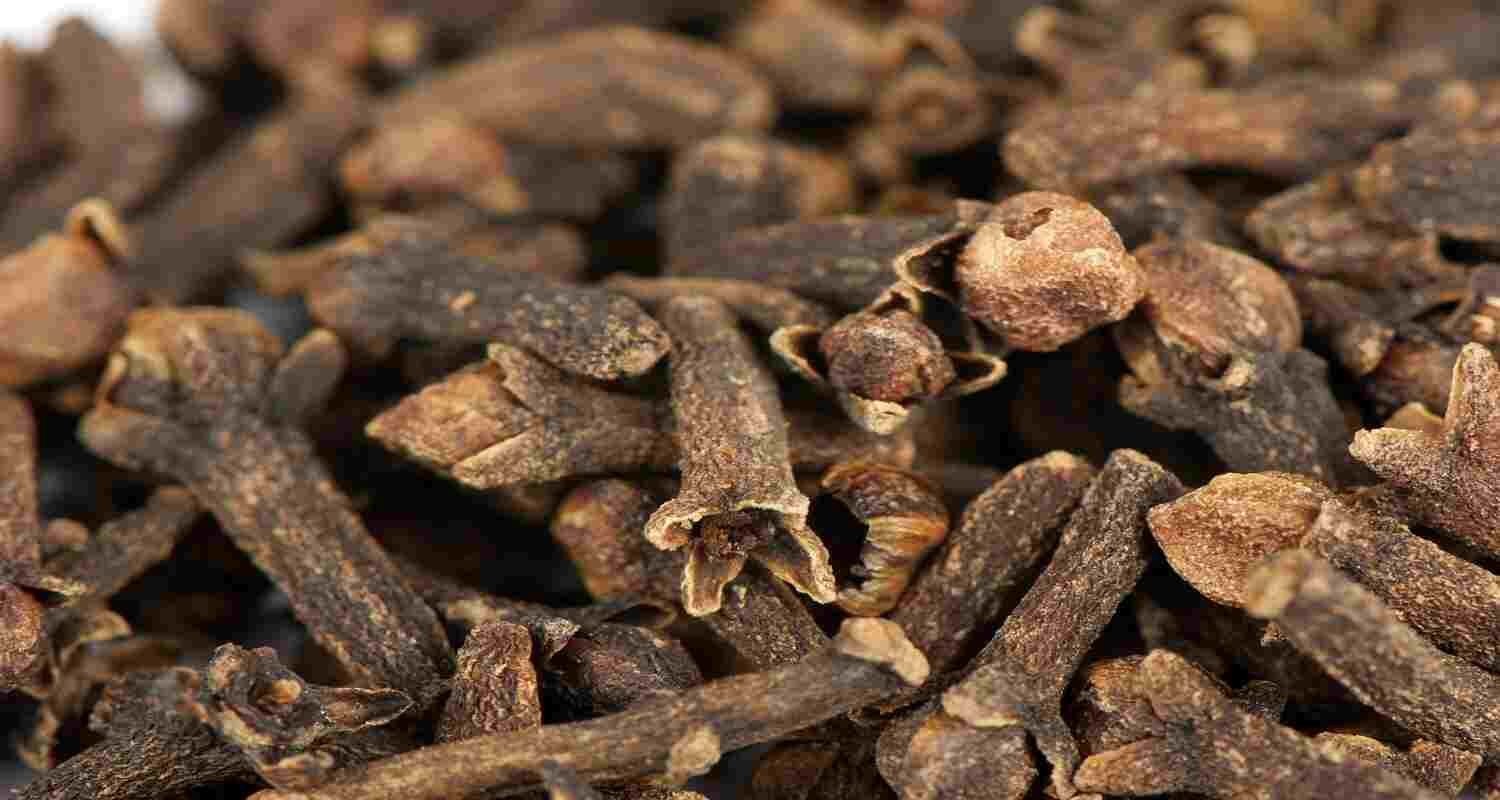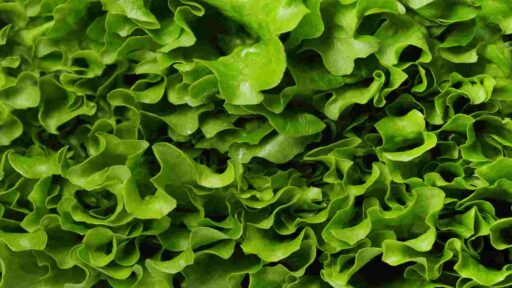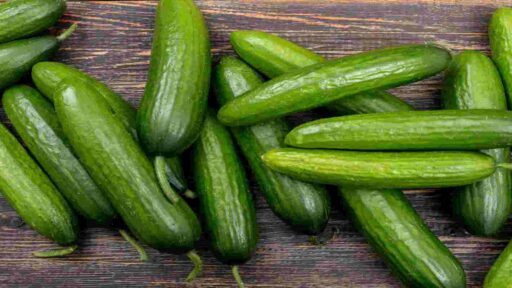Are carnations toxic to cats? carnation refers to a type of flower that belongs to the Dianthus genus. These flowers, with their ruffled petals and often fragrant blooms, come in various colors like red, pink, white, and yellow. They hold popularity in floral arrangements, symbolizing love, fascination, and distinction, and people use them decoratively in bouquets, corsages, and gardens.
Carnations, renowned for their vibrant hues and exquisite appearance, have long been cherished for their ornamental value. However, amid their allure, pet owners face a pressing question: do these beloved flowers pose any potential dangers for their feline companions?
Description of Carnations:

Carnations, belonging to the Dianthus genus, serve as floral staples that convey diverse emotions through their blossoms. These flowers, with a spectrum of vibrant hues, adorn floral arrangements and often embellish both indoor spaces and gardens.
Are carnations toxic to cats? Potential Toxicity to Cats
Carnations contain certain compounds that, if ingested by cats, can lead to mild gastrointestinal irritation. While these flowers are not highly toxic to felines, ingestion may cause symptoms like vomiting, diarrhea, or stomach discomfort. The severity of the reaction can vary based on the quantity ingested and the individual cat’s sensitivity. Consequently, immediate veterinary attention is advised if you suspect your cat has consumed carnations and exhibits any concerning symptoms.
Are carnations toxic to cats? Symptoms and Risks
Ingesting carnation plant material in cats may cause mild nausea, increased salivation, or gastrointestinal discomfort. Symptoms can appear shortly after ingestion. Severe toxicity is rare, but monitor your cat for signs of distress or unusual behavior after contact with or ingestion of these flowers. If symptoms persist or worsen, seeking prompt veterinary care is recommended to ensure your cat’s well-being.
Are carnations toxic to cats? Preventive Measures
To safeguard cats, it’s prudent to keep carnations out of their reach or consider non-toxic floral alternatives, especially in homes where cats are inquisitive or playful. Promptly consulting a veterinarian upon noticing any unusual symptoms in your cat is crucial for their well-being
To prevent potential exposure to carnations, here are some additional precautions:
- Placement: Keep carnations in areas inaccessible to cats, such as high shelves or enclosed spaces. This reduces the likelihood of cats reaching and ingesting the flowers.
- Substitute with Safe Alternatives:
Choose cat-friendly plants or non-toxic flowers for your home decor. Additionally, research cat-safe floral options to ensure that the flowers pose no harm if your cat explores or nibbles on them. - Supervision: When displaying carnations or any potentially harmful plants, supervise your cat’s interactions to prevent ingestion.
Vet Consultation: Establish a relationship with a veterinarian and familiarize yourself with the signs of toxicity. If your cat displays any concerning symptoms after exposure to carnations, seek immediate veterinary advice for appropriate guidance and treatment.
In summary, although ingestion of carnations might lead to mild discomfort in cats, severe toxicity is rare. However, it’s wise to be vigilant and proactive in protecting your cat’s surroundings from potentially harmful plants to ensure their well-being.
Here are steps to consider:
- Contact a Veterinarian: Immediately call your veterinarian or an emergency animal poison control hotline. They can provide guidance based on the specific plant ingested and your cat’s symptoms.
- Observe and Document: Monitor your cat closely for any signs of distress, unusual behavior, vomiting, diarrhea, lethargy, or difficulty breathing. Document the type of plant, if known, and any symptoms.
- Do Not Induce Vomiting: Do not try to induce vomiting without consulting a veterinarian first. Some substances can cause more harm if brought back up.
- Bring a Sample: If possible, bring a sample or picture of the plant with you when seeking veterinary assistance. This can help identify the toxic substance.
- Seek Veterinary Care: Follow your veterinarian’s advice, which may include bringing your cat to the clinic for examination and treatment. In some cases, they may induce vomiting or administer activated charcoal to limit absorption.
Remember that time is crucial in such situations, and seeking professional veterinary help promptly is the best course of action.
Read about other cat’s food
Plants and cats:
Carnations are generally considered to be non-toxic to cats. They are listed as safe by the American Society for the Prevention of Cruelty to Animals (ASPCA). However, it’s crucial to note that individual cats may react differently to various plants, and there could be risks associated with other factors, such as pesticides or fertilizers used on the plants.
Here’s a brief list of potential risks associated with plants and cats:
- Toxic Plants: Some plants are toxic to cats, causing adverse reactions or poisoning if ingested. Examples include lilies, poinsettias, and azaleas.
- Chemicals: Plants treated with pesticides or fertilizers can pose a risk if ingested by cats. Always ensure that plants are safe and chemical-free.
- Choking Hazard: Cats may be tempted to chew on plants, which can pose a choking hazard if they swallow large pieces.
- Allergies: Cats, like humans, can have allergies. Certain plants may trigger allergic reactions in some cats.
- Foreign Bodies: Ingesting plant material can sometimes lead to gastrointestinal issues or the possibility of a foreign body obstruction.
While carnations are generally safe, it’s advisable to research specific plants in your home and garden to ensure they are non-toxic to cats. If you suspect your cat has ingested a toxic plant or is showing signs of illness, consult with your veterinarian immediately.
Are carnations toxic to cats? FaQs
Can cats sniff red carnations?
Cats have a strong sense of smell, and they may be curious about various scents, including that of red carnations. While it’s generally safe for cats to sniff flowers like red carnations, it’s important to note that some plants, including certain types of flowers, can be toxic to cats if ingested.
Red carnations themselves are not typically considered highly toxic to cats, but it’s crucial to ensure that they haven’t been treated with pesticides or other harmful chemicals. It’s always a good idea to monitor your cat’s behavior around plants and flowers and to keep potentially toxic varieties out of reach.
If you have concerns about your cat’s interaction with certain plants, consult with your veterinarian for specific advice based on your cat’s health and the types of flowers or plants in your home.
Are cats smart enough to avoid toxic plants?
Cats, while generally smart, may not instinctively know which plants are toxic to them. Curiosity can lead them to explore and nibble on various plants, sometimes without recognizing potential dangers. It’s crucial for cat owners to be aware of common toxic plants and to keep them out of reach to ensure the safety of their feline companions. Providing safe and cat-friendly alternatives for chewing and play can also help redirect their natural behaviors away from potentially harmful plants.
What happens if a cat eats a carnation?
If a cat eats a carnation, it may experience mild gastrointestinal upset. Symptoms can include nausea, vomiting, increased salivation, or stomach discomfort. Severe toxicity from carnations is rare in cats, but it’s important to monitor your cat for any signs of distress and seek veterinary care if symptoms persist or worsen.
Are daisies and carnations poisonous to cats?
Daisies and carnations are considered to be mildly toxic to cats if ingested. While these flowers might not be highly toxic, they can cause mild gastrointestinal upset in cats, leading to symptoms like nausea, vomiting, or stomach discomfort. It’s wise to prevent cats from eating daisies, carnations, or any potentially harmful plants, and seek veterinary guidance if ingestion occurs or if concerning symptoms appear.
Are carnations safe for cats to eat?
If ingested, people generally consider carnations to be mildly toxic to cats. While severe toxicity is rare, consumption of carnations can lead to mild gastrointestinal upset in cats, causing symptoms like nausea, vomiting, increased salivation, or stomach discomfort. It’s advisable to prevent cats from eating carnations or any potentially harmful plants and seek veterinary advice if ingestion occurs or if concerning symptoms arise.
What flowers to avoid if you have a cat?
Several flowers are known to be potentially toxic to cats; including:
- Lilies: Highly toxic and can cause severe kidney damage or failure if ingested.
- Tulips: Can cause gastrointestinal upset and irritation if consumed in large quantities.
- Daffodils: Can induce vomiting, diarrhea, or stomach upset in cats.
- Azaleas and Rhododendrons: Highly toxic and can cause various symptoms like vomiting, diarrhea, weakness, and even more severe reactions.
- Chrysanthemums: May cause mild gastrointestinal upset if ingested.
It’s imperative to research and avoid flowers that could potentially be harmful to cats. Opt for cat-friendly plants or non-toxic floral options to ensure your cat’s safety, especially if they tend to explore or chew on plants. If there’s any suspicion that your cat has ingested a toxic plant, seeking immediate veterinary assistance is crucial.
What is the most toxic flower to cats?
One of the most toxic flowers to cats is the lily, particularly those belonging to the Lilium and Hemerocallis genera. Varieties such as Easter lilies, tiger lilies, and daylilies are especially dangerous. Ingesting any part of these flowers, including the leaves, petals, or pollen, can lead to severe kidney failure in cats. Other highly toxic flowers include autumn crocus, azalea, oleander, and foxglove. It’s crucial to keep these plants out of reach of cats and be vigilant about potential exposure, as ingestion of even small amounts can have serious consequences. If you suspect your cat has ingested a toxic plant, seek immediate veterinary assistance.




